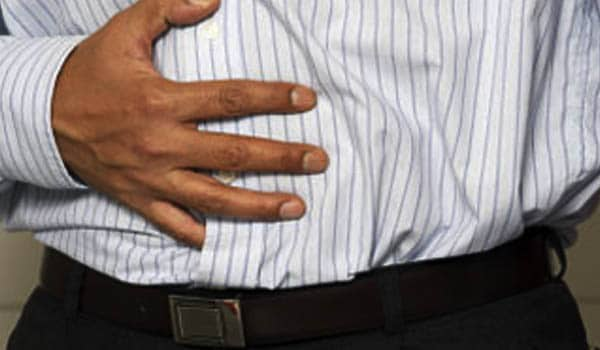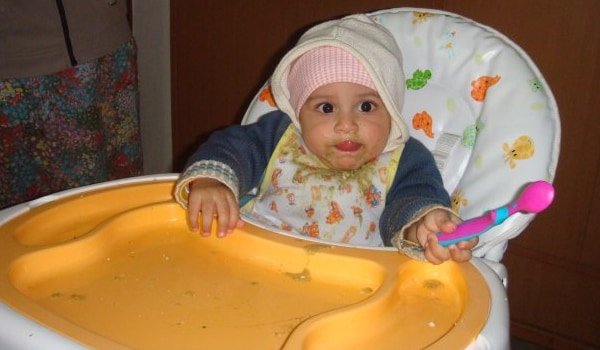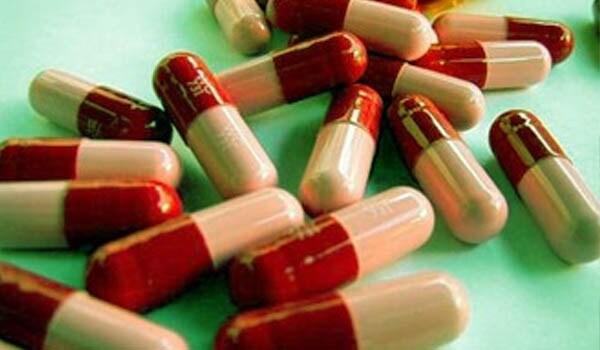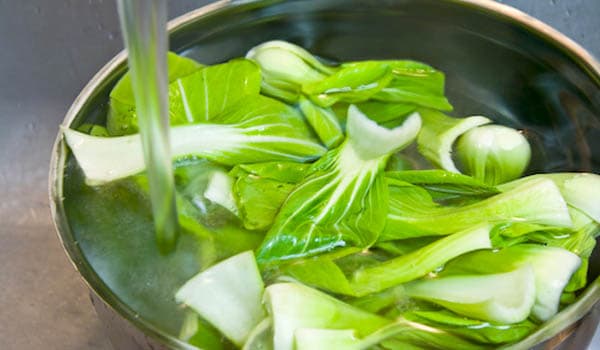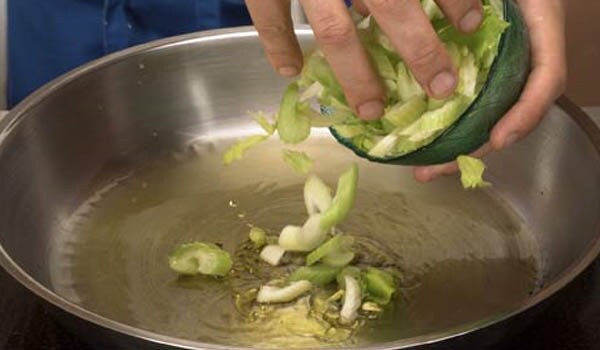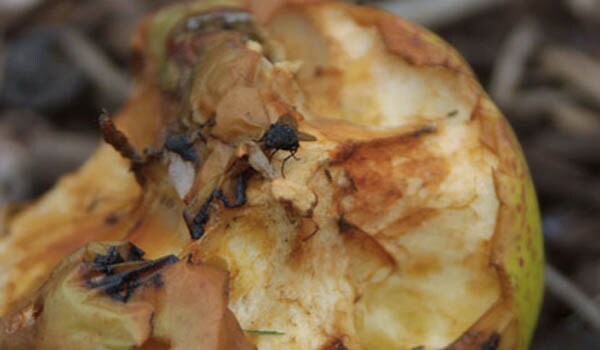Health Photos
-
Food poisoning refers to poisoning that occurs due to eating foods contaminated with toxins or poisonous substances secreted by some bacteria. Most cases of food poisoning are from common bacteria like Staphylococcus or E. coli.
-
Food poisoning generally occurs within 2 to 3 hours of eating or drinking infected food or water; however it may occur earlier or later. The symptoms include nausea (a feeling of vomiting), vomiting, pain in the abdomen and diarrhoea. Other symptoms are fever, cold sweats, weakness, headache and dehydration.
-
Infants and elderly people have the greatest risk for food poisoning. One usually recovers from the most common types of food poisoning within a couple of days. The goal is to feel better and avoid dehydration.
-
For diagnosis, the doctor reviews the symptoms, examines the patient and suggests laboratory testing of a sample of stools and the suspected food if available.
-
The treatment for food poisoning includes treatment of dehydration and replacing salts. Anti-vomiting and diarrhoea medications may be given. Occasionally, antibiotics may be required if the organisms are demonstrated on laboratory examination. Antibiotics are rarely needed for food poisoning.
-
Drink clean or boiled water with some salt and sugar at frequent intervals. It is important to drink water often to prevent the patient from getting dehydrated because of diarrhoea and vomiting.
-
Food should be kept covered while stored to avoid flies and insects from sitting on it. Because food poisoning is more common in areas with poor sanitation or living conditions.
-
Buying food from roadside vendors should be avoided. Foods at roadside are generally cooked and served under unhygienic conditions or food stored under such conditions for several hours.
-
Fruits and vegetables should be washed properly before eating. Improper cleaning and washing of fruits and vegetables, and improper cooking of food can also cause food poisoning.
-
Food should be cooked properly. Food or water can get contaminated due to its handling by a person infected with or carrying micro-organisms causing food poisoning.
-
Do not use outdated foods, packaged food with a broken seal, or cans that are bulging or have a dent.
-
Do not use foods that have an unusual odour or a spoiled taste.



